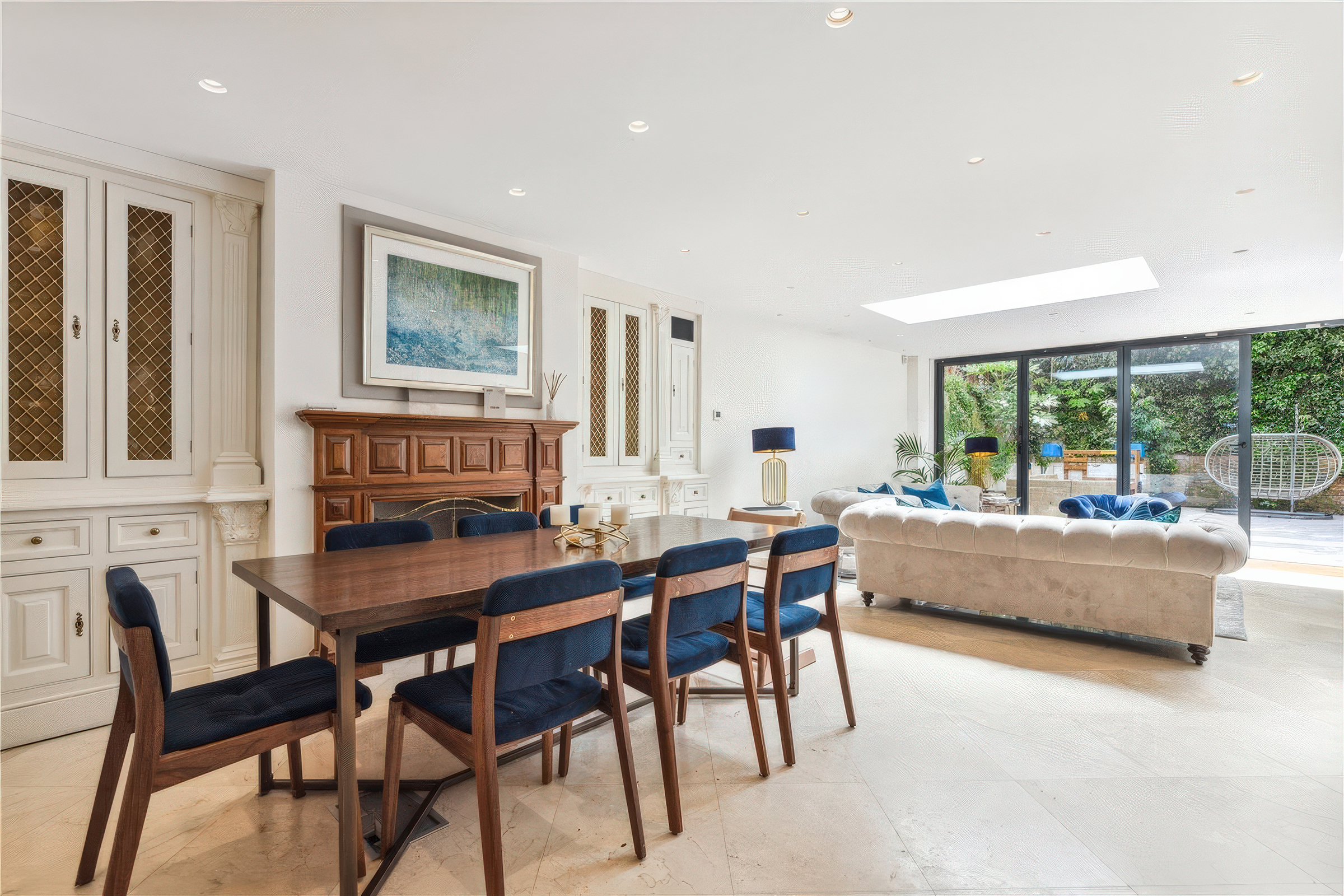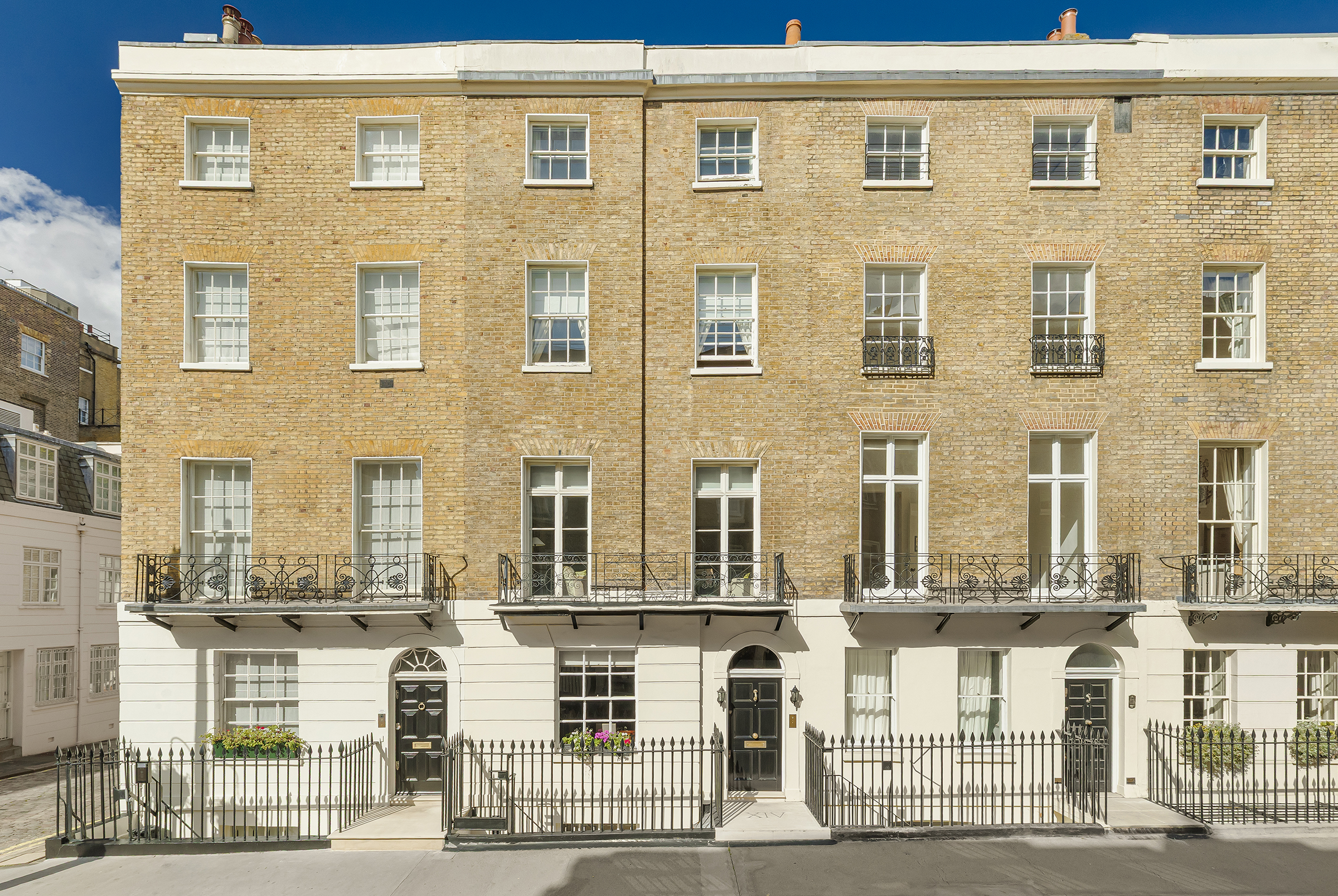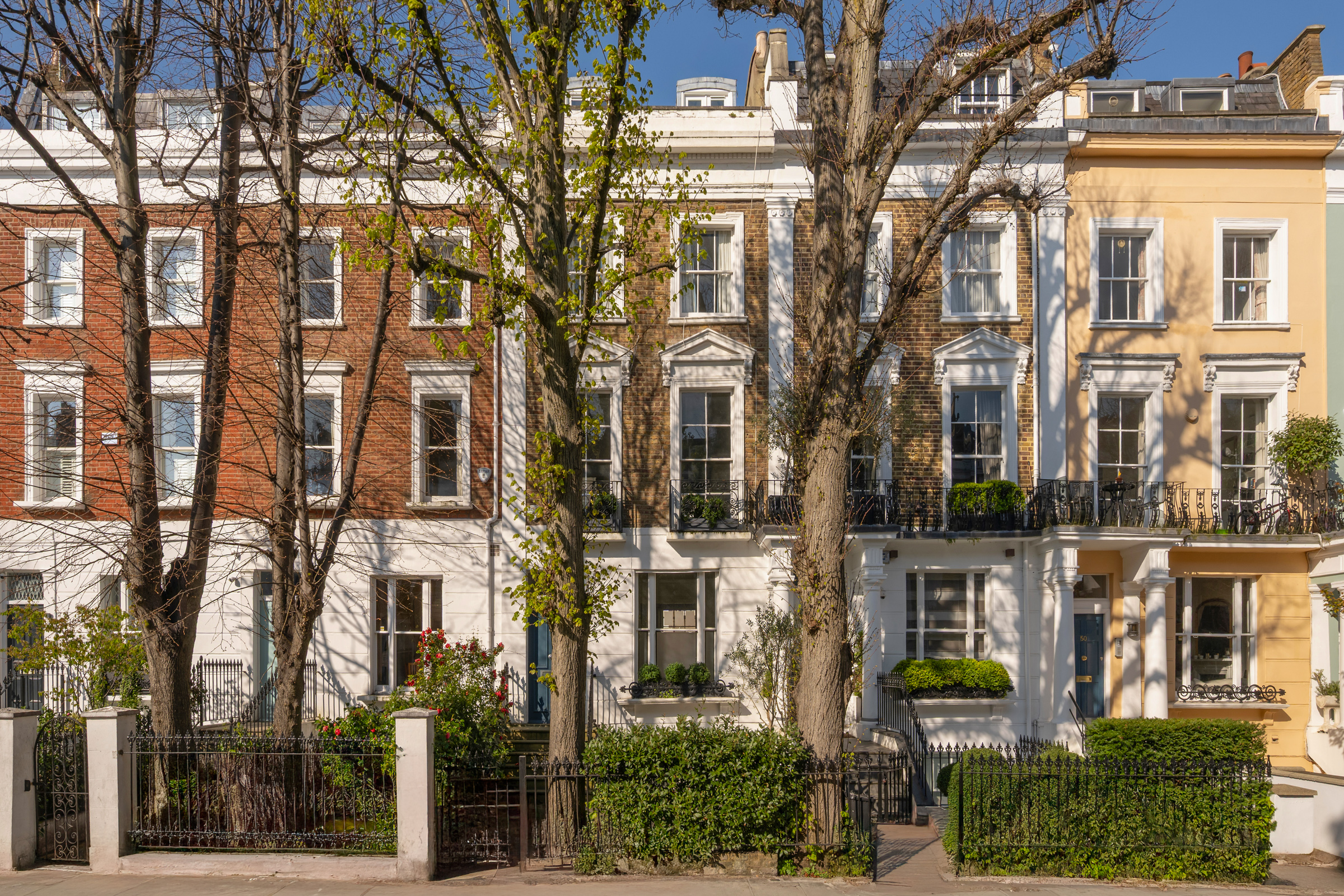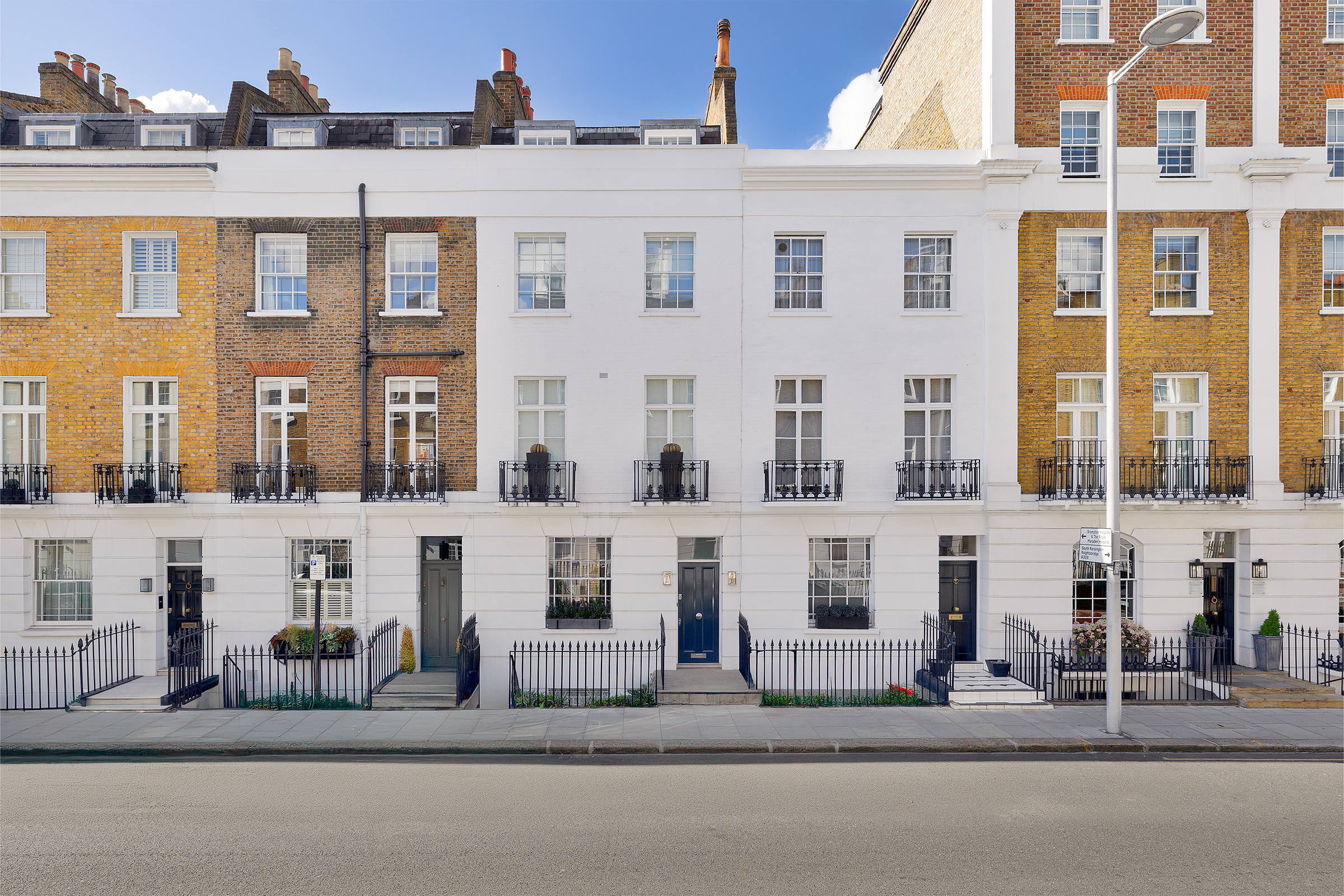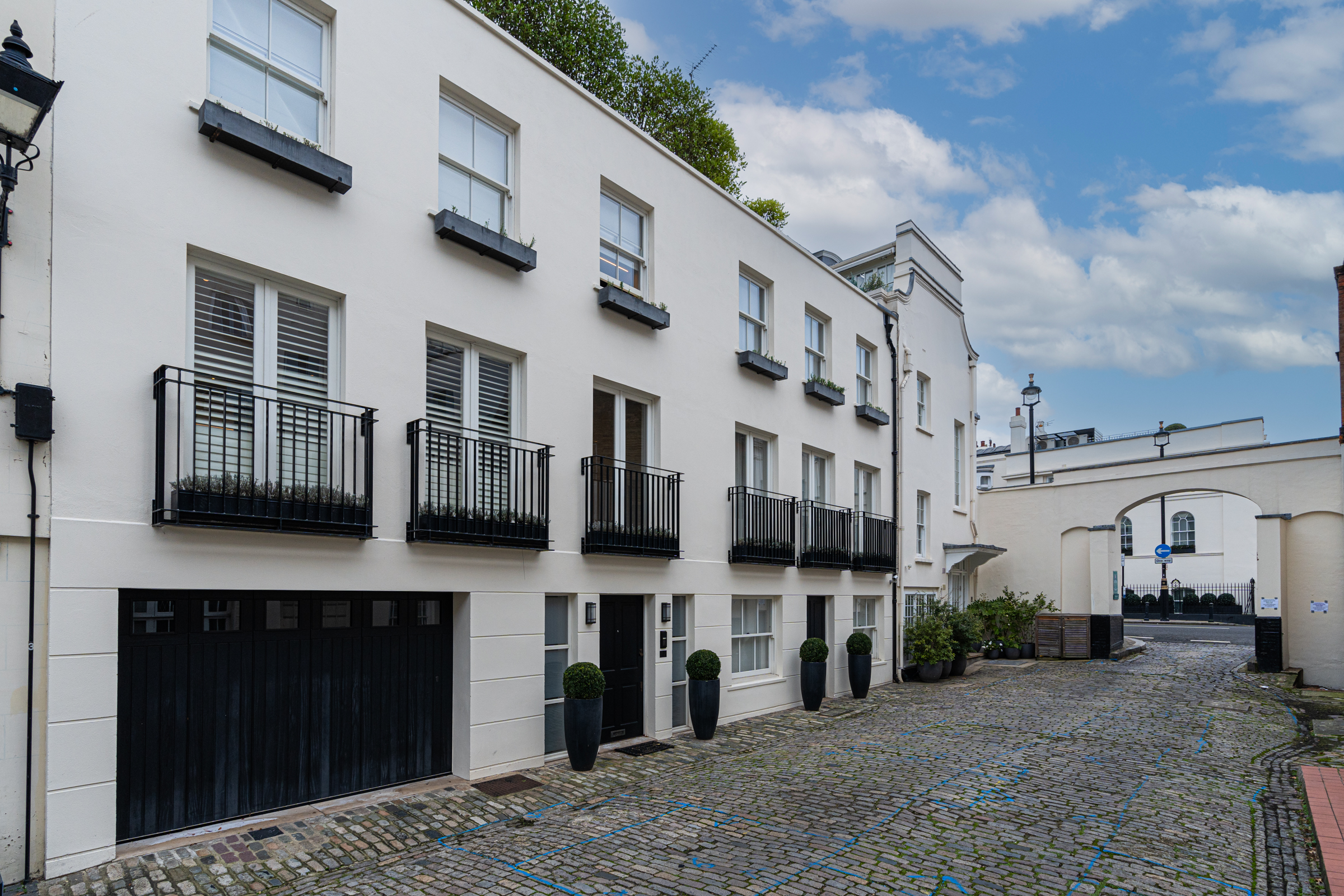Can I Buy My Parents’ House and Let Them Live in It Rent Free in the UK
Purchasing a home is a significant milestone in one’s life. While this momentous decision is a sign of prosperity and merits celebration, it is ridden with legal hurdles and endless red tape.
As a solution, many people in the UK are opting to purchase their parents’ home. Buy the property instead of simply inheriting it means you'll also be unburdening parents from mortgage worries, retain full ownership of the estate, and reap any financial gains from it while also potentially dodging inflated taxes.
From affording individuals the opportunity to support their parents with rent-free housing to potential tax benefits, this avenue is certainly rewarding. However, as with any major investment, there are several legal technicalities that need to be considered.
If you’re interested in buying your parents’ home and allowing them to live in it rent-free, read on to learn more.

Is it Legal to Buy My Parents’ House and Let Them Live in it Rent-Free?
Yes, you can buy your parents’ property and allow them to live in it rent-free. There are several routes with varying tax implications, so it is wise to consult an experienced solicitor to explore all options.
Moreover, although it is an intra-family transaction, it is important to draft an airtight agreement.
Mortgage Considerations
The first matter to consider is whether your parents own the property or have an outstanding mortgage on it.
If there is no outstanding mortgage on the property, you may purchase it whenever you please.
If there is an outstanding mortgage on their property, you need to check if it qualifies for transfer of ownership. You need to ensure that you have sufficient savings to cover the mortgage and other related costs, such as the stamp duty and the solicitor’s fees, all of which add up to 5-20% of the property’s value.
Given that this is an intra-family transaction, individuals may be allowed to buy the property below the market value or at a “family discount.” Such a purchase is known as a “concessionary purchase.” In a concessionary purchase, the difference between the market value and the final sale price is taken as the deposit sum. For instance, if the property is worth $500,000 and your parents sell it to you for $300,000, the remaining $200,000 will be taken as a deposit by the mortgage lender.
Also Read: What to Consider When Putting an Offer on a House
Tax Implications
There are several tax implications based on different circumstances.
Inheritance Tax (IHT): When your parents sell you their property and continue to live in it rent-free, the estate is viewed as a “Gift with Reservation of Benefit.” In this case, should the estate’s value exceed the IHT threshold (£325,000), you will be liable to pay an Inheritance Tax on the excess amount when one or both parents pass away. The tax is 40% of the amount over the IHT threshold.
If your parents transfer their property to you as a “gift” (there’s no monetary transaction or “chargeable consideration”), and they pass away within seven years of the transfer, you will be liable to pay IHT. On the other hand, if they pass away seven years after making the gift, the property is no longer considered part of their estate, and you will be exempt from the IHT.
Capital Gains Tax (CGT): If you’re purchasing your parents’ home while previously owning other property, this will be considered your second home. Thus, you will be liable to pay Capital Gains Tax if you attempt to sell it in the future and it has appreciated in value.
Stamp Duty Land Tax (SDLT): If you’re already a property owner, you will be liable to pay a Stamp Duty Land Tax on any additional property you’re purchasing, including your parents’ estate. However, if your parents “gift” you the property, you will not be subject to this tax.
Also Read: What Is Stamp Duty on Houses
Advantages
While complex, there are several benefits to this arrangement.
The property stays within the family estate.
Your parents will be free from mortgage payments and rental expenses.
It’s a steady means of introducing one’s descendants into the property ladder.
It is significantly easier and more reliable to navigate property dealings with close family.
Both parents and children are assured a secure future. Depending on the value of the property and the nature of the arrangement, you will be exempt from certain taxes.
Also Read: What to Ask at House Viewing
Disadvantages
Buying your parents’ house may seem like the ideal first step into the family property ladder; however, some drawbacks need to be considered:
If your parents are living rent-free, you will not be able to claim landlord expenses and will be solely responsible for the property upkeep. This can be a costly affair.
Such an arrangement can be a long-drawn legal journey, potentially straining your relationship with your parents.
Also Read: Do Children Pay Inheritance Tax
Final Thoughts
Buying your parents’ home and allowing them to live in it rent-free can serve you and your parents well – from tax benefits to rental savings and maintaining the estate’s familial heritage. With sound counsel, perseverance, and kinship, such an arrangement is bound to secure your family’s future.
Mayfair, Mayfair
- 4
- 5
- 5,050 SQ.FT.
Chesham Close, Belgravia
- 4
- 4
- 2,076 SQ.FT.
Little Chester Street, Belgravia
- 4
- 4
- 2,810 SQ.FT.
Chappell Lofts, Chalk Farm
- 4
- 4
- 3,062 SQ.FT.
Wilton Street, Belgravia
- 3
- 5
- 3,359 SQ.FT.
Sutherland Place, Notting Hill
- 3
- 5
- 2,588 SQ.FT.
Sydney Street, Chelsea
- 5
- 5
- 3,170 SQ.FT.
Portland Place, Marylebone
- 7
- 5
- 8,174 SQ.FT.
Eaton Mews South, Belgravia
- 4
- 3
- 4,681 SQ.FT.
Cheval Place, Knightsbridge
- 3
- 3
- 1,657 SQ.FT.
